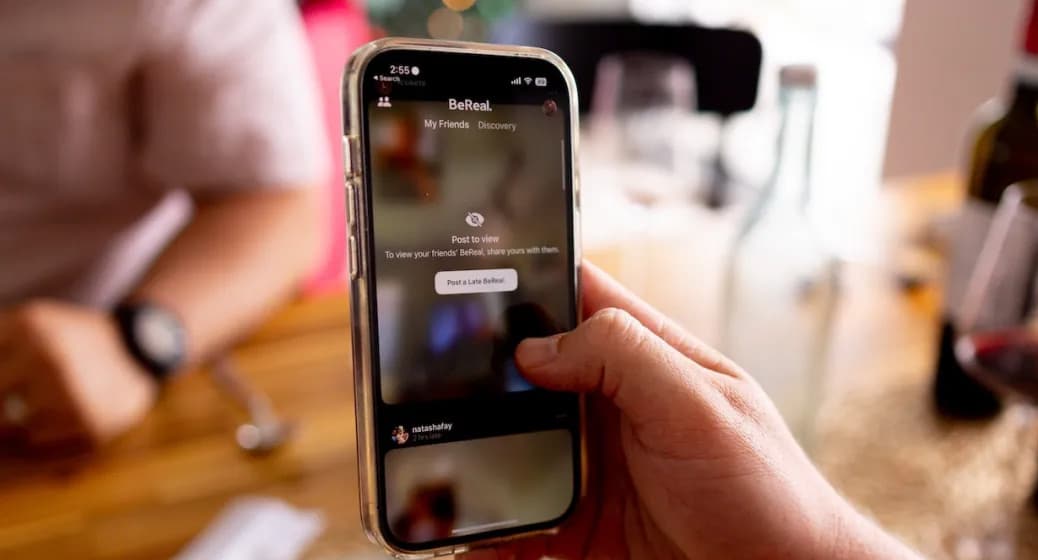What is Social Comparison?
A colleague commented on my recent Procrastination post that Procrastination is not his problem, but Social Comparison is.
I took this as a call to write something on Social Comparison—and also as an opportunity to play with ChatGPT. I know, please forgive, couldn’t help myself, and here is what I got:
Social comparison is the process of evaluating one’s own abilities, opinions, and traits by comparing them to those of others. It is a natural and often unconscious process that occurs when people look to others as a source of information about themselves and the world around them. Social comparison can take place in various forms, including upward comparison (comparing oneself to people who are perceived as better off), downward comparison (comparing oneself to people who are perceived as worse off), and lateral comparison (comparing oneself to people who are perceived as similar). This process can have both positive and negative effects on an individual’s self-esteem, motivation, and well-being. On one hand, social comparison can provide a sense of relative improvement and increase self-esteem. On the other hand, it can also lead to feelings of inferiority and decreased self-worth.
There is something sort of blinding about it, no? Then again, I do think it had something to say. Let’s look at some examples.
A Case of Social Comparison Anguish
Just this past week, a client shared her anguish that others were coupled, while she is not—yet. February is that time of year after all, with Valentine’s Day coming up, the “cruel holiday” as it is sometimes called:
Maybe you’re single and don’t want to be. Maybe you’re in a relationship, but an unhealthy one. Maybe you’ve lost someone you loved with all your heart. Maybe you feel completely unloved by anyone and everyone. Valentine’s Day feels like a cruel reminder of what’s missing. Maybe you don’t even know why you’re feeling depressed, you just do. Or maybe, you’re not the one feeling depressed, but want to help a loved one who is.
But what I believe made social comparison fill her with anguish instead of simple sadness or longing was how harshly she judged herself for feeling any of it at all.
External messages from family, friends, and our culture at large—messages that had taken hold inside of her own mind by now—were basically, to paraphrase: ‘This is of your own making, either do something about it, or suck it up and deal’.
Just as ChatGPT said, she experiences “feelings of inferiority and decreased self-worth.” And envy too, asking herself if it’s really okay to feel bitter, resentful, and envious about the happiness of other people she actually loves. Here again, social comparison resulting in feeling bad about feeling bad.
Whether it’s our attractiveness, our wealth, our intelligence, or our success in life by whatever measure matters to us—when humans compare, they just might feel something, and you know what, that’s okay.
Rumi’s Take
Rumi (13th century Persian poet) and I agree that there is no such thing as a bad feeling. Human feelings, no matter if unpleasant, maybe especially if unpleasant, are our guides and should be welcomed as such. Here is his poem on that:
The Guest House
This being human is a guest house.
Every morning a new arrival.
A joy, a depression, a meanness,
some momentary awareness comes
as an unexpected visitor.
Welcome and entertain them all!
Even if they’re a crowd of sorrows,
who violently sweep your house
empty of its furniture,
still, treat each guest honorably.
He may be clearing you out
for some new delight.
The dark thought, the shame, the malice,
meet them at the door laughing,
and invite them in.
Be grateful for whoever comes,
because each has been sent
as a guide from beyond.
Now, for an example of feelings as guides…
A Case of Social Comparison Joy
As our new friend ChatGPT also said, social comparison “can provide a sense of relative improvement and increase self-esteem.” What follows is an excerpt from an earlier post with a true story of social comparison gone well (as well as I believe things can go for the woman I mentioned above, if that’s what her heart desires):
So, is there any kind of envy that can do any good? Actually, there is. Victor Frankl said, “Between stimulus and response, there is a space. In that space is our power to choose our response. In our response lies our growth and our freedom.”
A working, single mother (we’ll call her Nancy) once told me, in a rather disagreeable tone, how upset she felt when she noticed my nice new car in the lot.
I asked her what my new car represented to her that she wished she had more of in her own life. “Security and stability,” she replied. Nancy and I worked together in that space between her envy and her punishing behavior to find her freedom and growth.
By the end of our work together, Nancy had used this new awareness to find herself both a new higher paying job she enjoyed and a loving marriage to go with it. As with other emotions, envy can be useful information if we use it that way.
Nancy is a great example of what good can come when we do that thing that humans do, which is to socially compare.
For help with this or something else, contact me at Email: Madelaine Weiss
Warm wishes,
Madelaine
Photo by Unsplash Josh Withers
Keep Reading
Want more? Here are some other blog posts you might be interested in.








